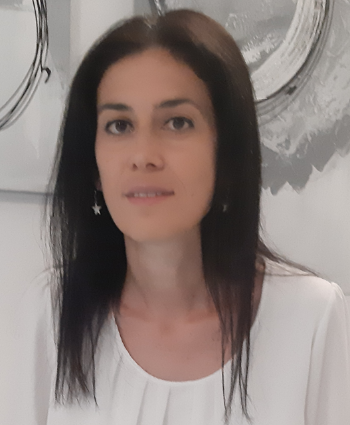International Conference on Pattern Recognition Workshop:
Deep Learning for Visual Detection and Recognition (DLVDR2022)
Keynote

Cheng-Lin Liu is a Professor at the National Laboratory of Pattern Recognition, Institute of Automation of Chinese Academy of Sciences, and now the Director of the Laboratory. He is a vice president of the Institute of Automation, a vice dean of the School of Artificial Intelligence, University of Chinese Academy of Sciences. He received the PhD degree in pattern recognition and intelligent control from the Chinese Academy of Sciences, Beijing, China, in 1995. He was a postdoctoral fellow in Korea and Japan from March 1996 to March 1999. From 1999 to 2004, he was a researcher at the Central Research Laboratory, Hitachi, Ltd., Tokyo, Japan. His research interests include pattern recognition, machine learning and document image analysis. He has published over 300 technical papers in journals and conferences. He is an Associate Editor-in-Chief of Pattern Recognition Journal and Acta Automatica Sinica, an Associate Editor of International Journal on Document Analysis and Recognition, Cognitive Computation, IEEE/CAA Journal of Automatica Sinica, CAAI Trans. Intelligence Technology, CAAI Trans. Artificial Intelligence and Chinese Journal of Image and Graphics. He is a Fellow of the CAA, CAAI, the IAPR and the IEEE.
Title: Deep Prototype Learning for Classification and Generalization in Open World
Abstract:
Traditional classification and machine learning assumed that the input patter belongs to a set of pre-defined classes. This does not hold in open world, where the input many be novel (out of know classes), and the class set may change. The related problems like open set recognition, class incremental learning, few-shot and zero-shot learning, have been studied using deep learning methods. We proposed a deep network called convolutional prototype network (CPN) for performing these tasks. The CPN is shown to learn a feature space making samples between-class separable and within-class compact, so that novel patterns can be rejected according to nearest distance. By learning new-class prototypes while memorizing old-class prototypes, the CPN can yield superior performance in class-incremental learning, few-shot and zero-shot learning.

Elisa Ricci (PhD, University of Perugia 2008) is an Associate Professor at Department of Information Engineering and Computer Science at the University of Trento and the head of the Deep Visual Learning research group at Fondazione Bruno Kessler, Trento (IT). She has published over 160 papers on international venues. Her research interests are mainly in the areas of computer vision, robotic perception and multimedia analysis. She is an Associate Editor of IEEE Trans. on Multimedia, Computer Vision and Image Understanding and Pattern Recognition. She was the Program Chair of ACM MM 2020 and the Diversity Chair of ACM MM 2022. She is the recipient of the ACM MM 2015 Best Paper award and ICCV 2021 Honorable mention award.
Title: Improving Distillation Schemes for Incremental Learning in Semantic Segmentation
Abstract:
As a fundamental problem in computer vision, semantic segmentation, i.e. the task of automatically assigning a class label to each pixel of an image, has been an active research area for several decades. In the recent years, we have witnessed substantial progress in this area, mostly thanks to the introduction of fully convolutional networks and to the integration of several other architectural components, such as attention models or multi-scale fusion strategies. Despite the astonishing performance, state of the art deep architectures for semantic segmentation still lack one fundamental capability: they cannot update their learned model continuously as new data are made available without losing previously learned knowledge. This is a matter of utmost importance in several applications, such as autonomous driving or robot navigation. The problem, also known as catastrophic forgetting, has been long studied in the research community and several approaches, commonly referred as Incremental Learning (IL) methods have been developed over the years. In computer vision, most research efforts in the area of IL have addressed problems such as image classification and object detection. However, so far, much less attention has been devoted to incremental semantic segmentation. In this talk I would describe our recent works based on knowledge distillation to address the challenging problem of IL for semantic segmentation.